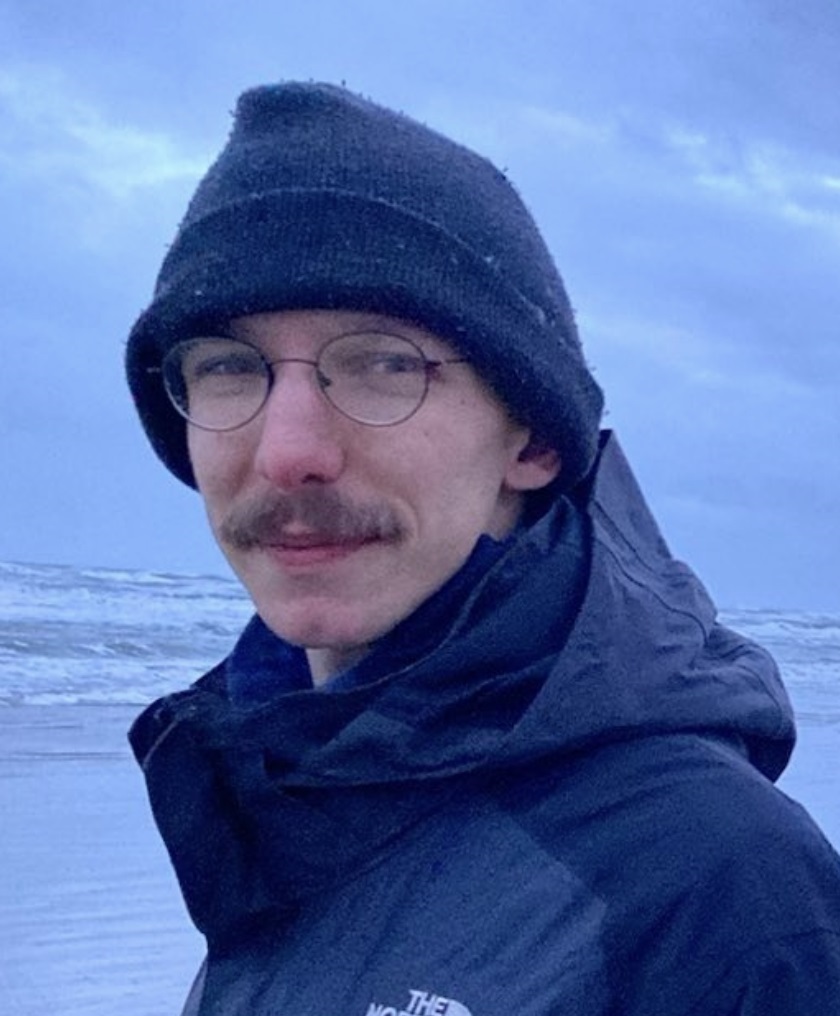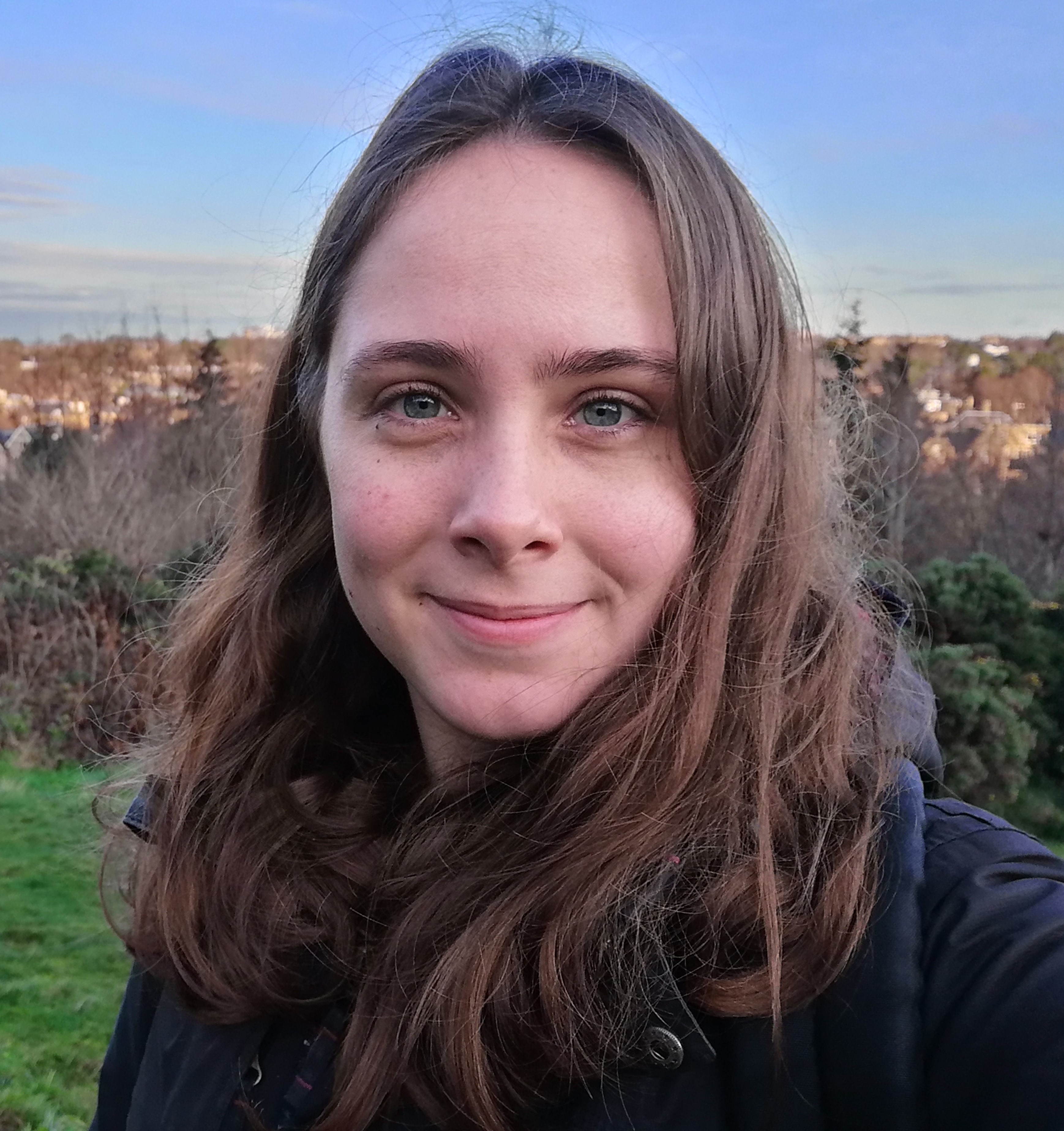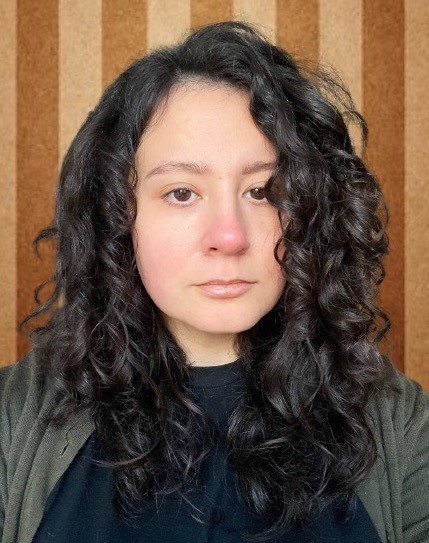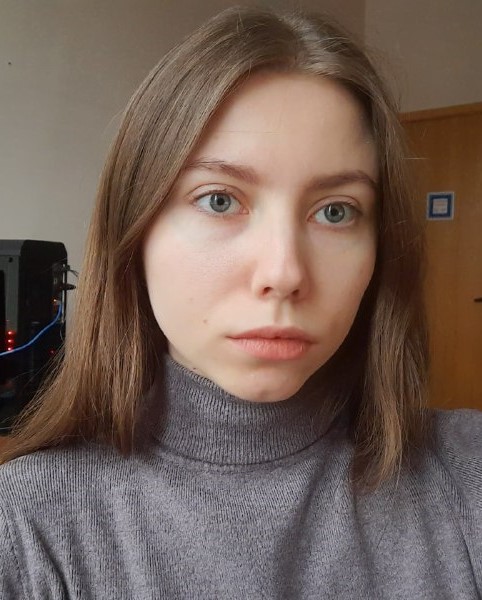Lab members#
Principal Investigator#
Max Hinne

Max Hinne is an assistant professor at the Donders Institute. His research focuses on understanding and predicting the behaviour of complex dynamic systems. Doing this in a nuanced, interpretable, and efficient way requires a probabilistic perspective, which plays a central role in his work. Max combines both the development of state-of-the-art analyses and their applications in domains such as network neuroscience and healthcare.
Postdocs#
Vacancy coming up for a position on probabilistic graphical models, stay tuned!
PhD students#
Constantin Börker

Jeremy Constantin Börker is a PhD candidate / teacher at the Donders Institute. His research finds itself at the intersection of probabilistic deep learning and optimal control (read reinforcement learning) with some Bayesianism sprinkled on top of it.
Rick Dijkstra

Rick is a PhD candidate at the Behavioural Science Institute. His research is part of the Hybrid Human AI Regulation (HHAIR) project, which aims to support the self-regulation of learning of primary school students working with adaptive learning technologies. Part of his research is in understanding what level of support children need based on data gathered by the adaptive learning technology, for which he employs Bayesian non-parametric clustering. Part of his research will be developing the tools that give the right support to the right student.
Hester Huijsdens

Hester is a PhD candidate at the Donders Centre for Cognition. Her project aims to study dynamic brain connectivity, and how this might be linked to cognition. She uses Bayesian non-parametric models to estimate how brain connectivity changes over time (or as a function of another covariate).
Gelana Khazeeva

My research focuses on the application of ML and DL in human genetics. In particular, I aim to develop an AI-based learning algorithm, that integrates genetic and phenotypic information and is able to automatically diagnose patients with genetic diseases. This will reduce the amount of time spent on data interpretation, thereby also reducing turn-around times for genetic tests, and will improve diagnoses by reducing the risk of human error.
David Leeftink

David is a PhD student at the Donders Centre for Cognition, co-advised by prof. Marcel van Gerven and dr. Max Hinne. His research focuses on developing probabilistic models that can efficiently and effectively solve real-world control problems in the face of uncertainty. As part of the Uncertainty in Complex systems lab, he is currently working on using Bayesian non-parametric models for reinforcement learning and model predictive control. When not doing research, he can be found playing guitar, cycling, or playing tennis.
Olesya Moiseenko

Olesya is a PhD candidate at the Donders Center of Cognition. Her research focuses on cognitive and social mechanisms that make infants such good learners. The project employs Bayesian modelling to find out what guides infants’ attention in a social setting.
MSc students#
Jasper Albers

Lorem ipsum
Yangchu Huang

Lorem ipsum
Pleun Scholten

Lorem ipsum
PhD alumni#
Fabian Dablander
Lex Dingemans
MSc alumni#
Arne Diehl
Zuzanna Fendor
Callum Kartoredjo
David Leeftink